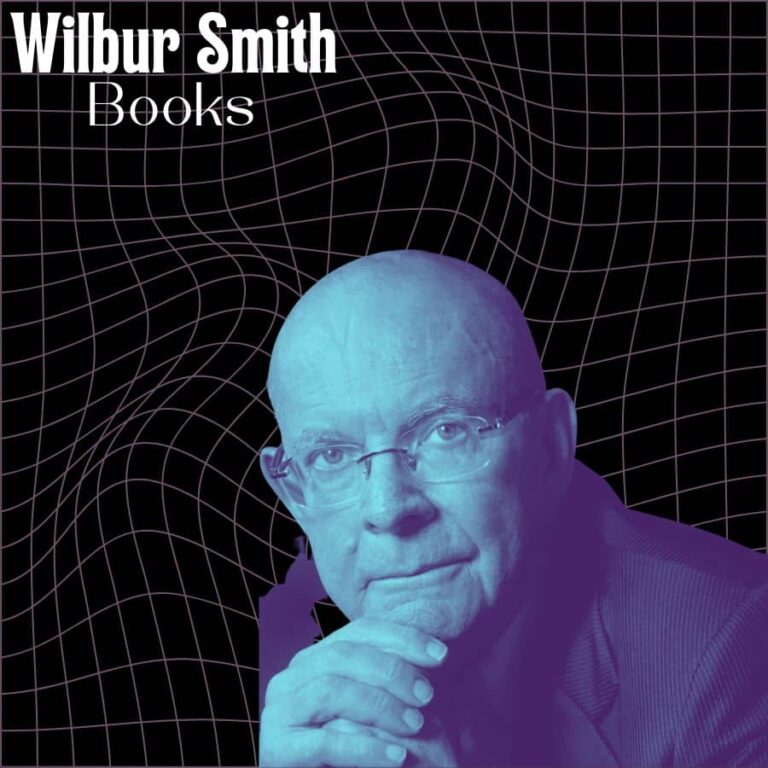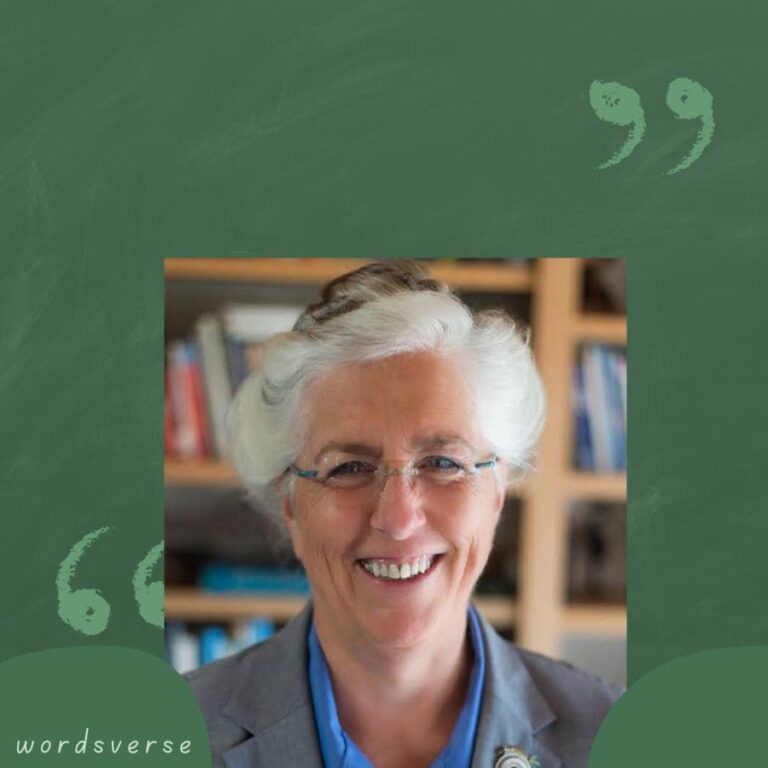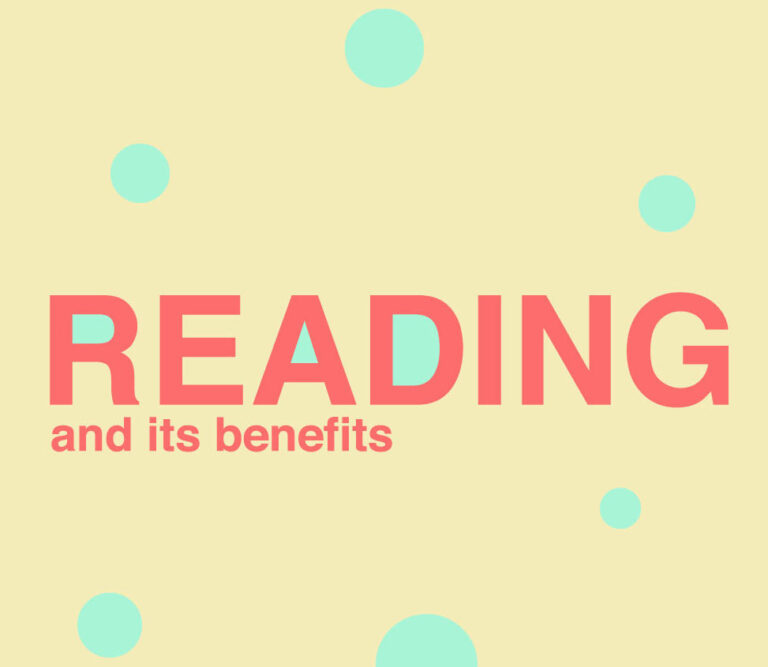Reading books gives us a new perspective, makes us think a lot more and reveals things that remained hidden. While all books have the power to change us, albeit slowly, philosophy books are specifically written to present us with a new way of thinking. And if you want to change your perspective positively, reading philosophy books is necessary. To help you pick up your next book, here’s a list of some of the best books on philosophy, from Seneca to Sartre and beyond.
While philosophy is about asking formless questions of things that have no particular answers and every question is formed from the individualistic perception, there is wide compartmentalization in the subject with subtopics such as politics, ethics, morals, behavior, science, etc. We’ll try to include books that deal with all the multiple subtopics of philosophy.
- Starters
- Politics
- Morality
- Outward life
- Scientific
Basics of Philosophy
Before you get into the intellectual battle, armed with swords of thoughts and sharp arrows of discourse, it is important to know what you are getting into. Philosophy is not easy to read in the beginning and if you haven’t read philosophy before, it might be a little tougher for you.
To prevent this from happening, the first category of philosophy books is just to get an introduction to the subject. These books provide the framework you need to understand complex philosophical texts easily. With each book listed, we’ll add a difficulty meter to let you know if you should get it first or later. Let’s begin.
Starters Philosophy
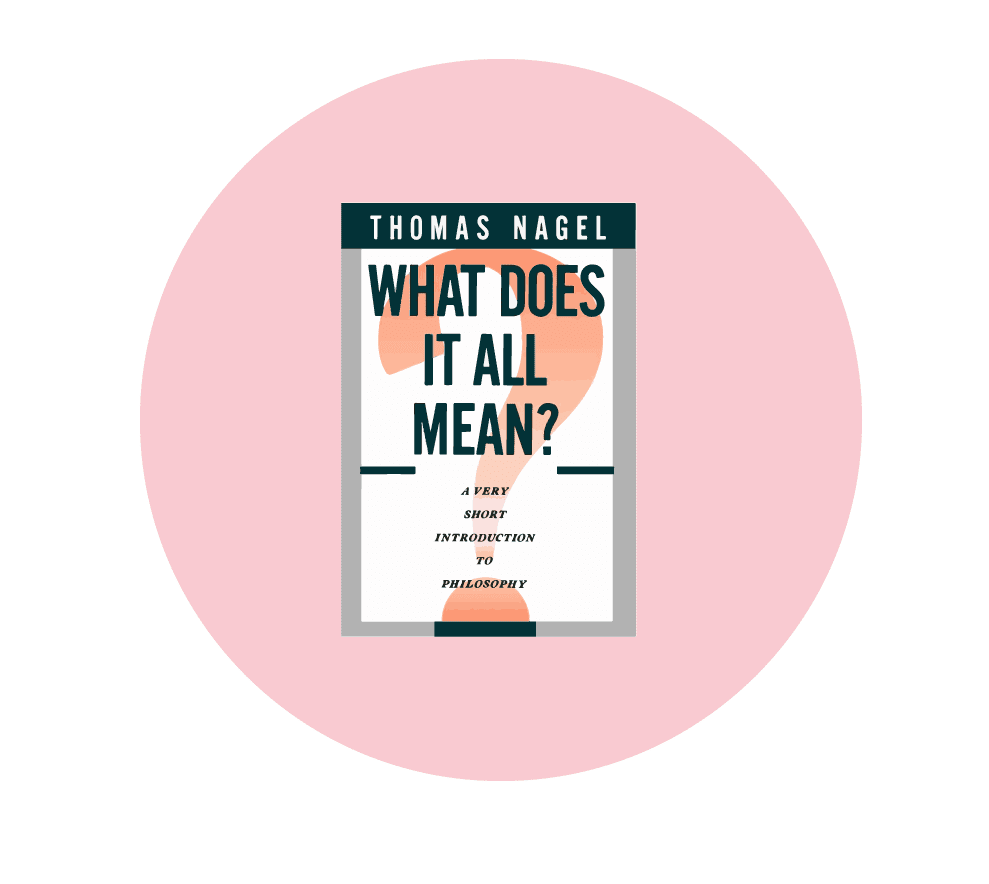
What Does it all Mean by Thomas Nagel
This book acts as an introduction to philosophy and expands on the subject. What this book answers is the core of philosophy and what is it a study of? Why do we have philosophy and what questions does it aim to answer?
“The most radical conclusion to draw from this would be that your mind is the only thing that exists. This view is called solipsism. It is a very lonely view, and not too many people have held it“
Thomas Nagel
The book deals with nine major questions that are the root of almost all philosophical works; What is beyond our minds, how other minds work, what is and why is death, the meaning of life, the basis of morality, the distinction between right and wrong, the distinction between body and mind, free will, etc.
Why read this book: A great starter to get you into thinking and a great introduction to the theme of philosophy. You get to learn how to read and understand philosophical works. This book will also spark a new interest to pursue reading more about the subject.
Ease of Reading: Easy to read and understand
Duration: 7-days for normal pace, 3-4 days for faster readers (~114 pages)

The Story of Philosophy by Will Durant
How about before reading the complex, final works of the great philosophers, you read how these ideas were developed? The Story of Philosophy is a great book that accounts for the development of the philosophical works of some of the greatest and most-read philosophers such as Aristotle, Plato, Bacon, Voltaire, Spinoza, Bergson, Croce, Kant, etc.
“We are what we repeatedly do. Excellence, therefore, is not an act, but a habit.”
Will Durant
The book tells about how these philosophers developed the ideas that they are so well-known for. Some philosophers are given more pages while some very little and this book is not about their biography but their works.
Why read this book: Works as a guide book that gives an introduction about the major philosophers and their works, their ideas and lets you choose which one of the philosophers to go for. Perfect to read before you start your philosophical journey.
Ease of reading: Fairly easy, interestingly written to maintain pacing of the book.
Duration: 30-45 days at a normal pace, 20-25 days at a high pace. The book is about 528-pages long.
A little history of Philosophy by Nigel Warburton
A concise, cogent, and easy to read a book about the major concepts that originated in the minds of famous Western philosophers. This book is very similar to Will Durant’s The Story of Philosophy, but way more concise and to the point.
The entire book is divided into forty chapters and discusses the major ideas of great philosophers. Read this book to get to know what you are getting into and what the major books will have in store.
“The best way to live, then, was this: have a very simple lifestyle, be kind to those around you, and surround yourself with friends.”
Nigel Warburton
Ease of reading: Very easy to read.
Duration: 25-30 days at a normal pace, 14-20 days at a high pace. Pages- ~271

Sophie’s world by Jostein Gaarder
The history of Philosophical thoughts and its evolution is presented in a fiction-format where the ideas are presented in an epistolary form. Sophie’s World is a book that can be picked up by younger adults as well. The story is interesting and fun to read.
“A state that does not educate and train women is like a man who only trains his right arm.”
Jostein Gaarder
However, some parts of the book feel a bit boring and some philosophers’ works are all crammed in just one paragraph while some get two pages. This disrupts the pacing of the book. You can read it, skip it if you want, but this book is great for teens if they are looking to get into philosophy.
Easy of reading: Very easy to read and understand.
Duration: 25-30 days at a normal pace, 24-30 days at a high pace. Pages- ~403
Politics
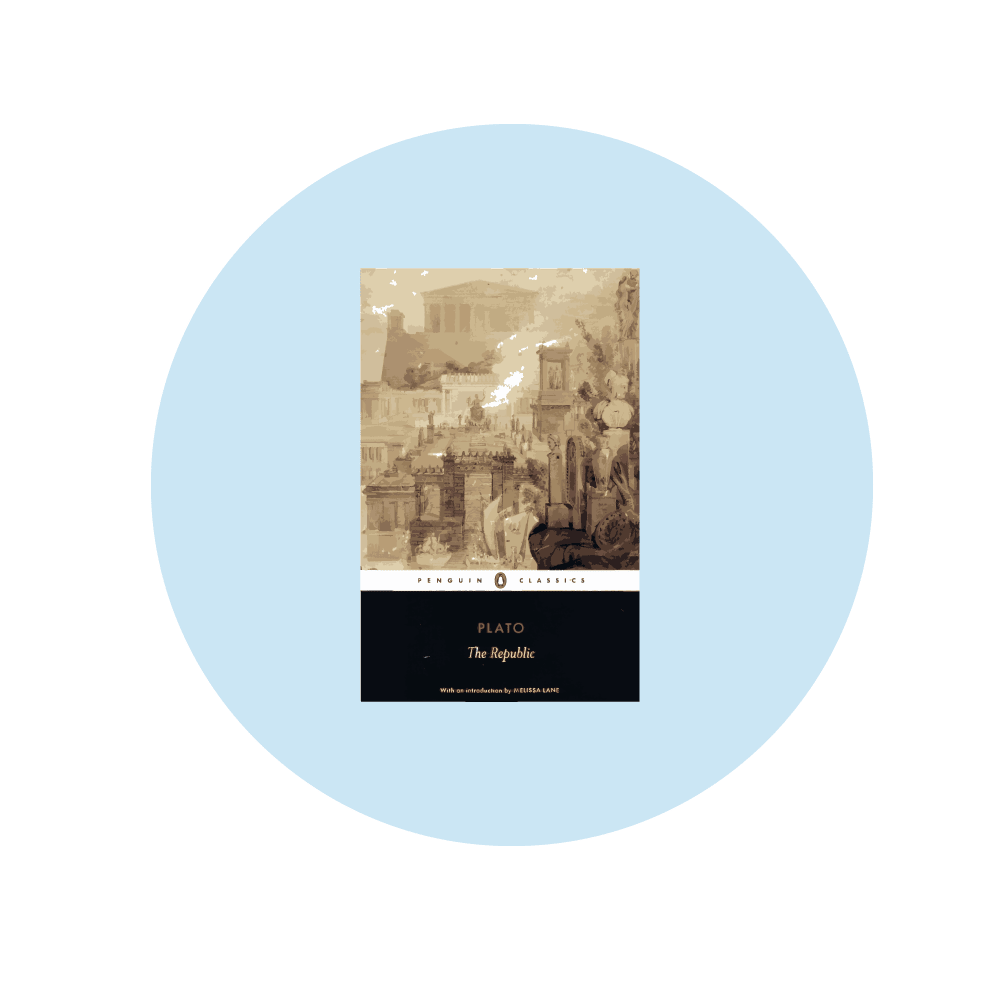
The Republic
The Republic by Plato is one of the most well-written, well-thought, and well-put philosophical pieces of work to date, and it is also one of the most famous works in the subject. What makes it such a great read? It tackles some of the most complex yet ubiquitous issues about politics, power, control, and societies.
“I am the wisest man alive, for I know one thing, and that is that I know nothing.”
Socrates
The book is divided into ten chapters and each chapter is a dialogue between Socrates and someone else with opposing views. What makes this book great is the types of questions that are put forth for Socrates to answer.
While reading, I was siding with Socrates to answer the questions, but as the books progressed, the questions became so difficult that I felt it is difficult for Socrates to convince me now. But somehow he does. And when he does, you’ll love the book even more.
Ease of Reading: Difficult to read, not a book for starters. The language and concepts (especially the rhetorics) can get a bit complicated.
Duration: 35-45 days at a moderate pace and 30-35 days at a high pace.

The Prince by Niccolo Machiavelli
Another philosophical classic about politics and powers, this book ventures into the complexities of the ruling, controlling, and managing power. The book also touches on the ideas for business, foreign affairs, and other management skills. Since this book is translated into English, make sure to check the reviews and get the version with accurate translations.
“Everyone sees what you appear to be, few experience what you really are.”
Niccolo Machiaveli
Ease of Reading: Fairly difficult, but overall a short book.
Duration: 15-20 days at moderate pace, 7-10 days at high pace. Pages: ~120
Morality and Personality
The books in this section focus on the development of morality and the personality of the self. All the books tackle the complexities that sit within us. So reading these books will bring a change in your personality while making your morality stronger.
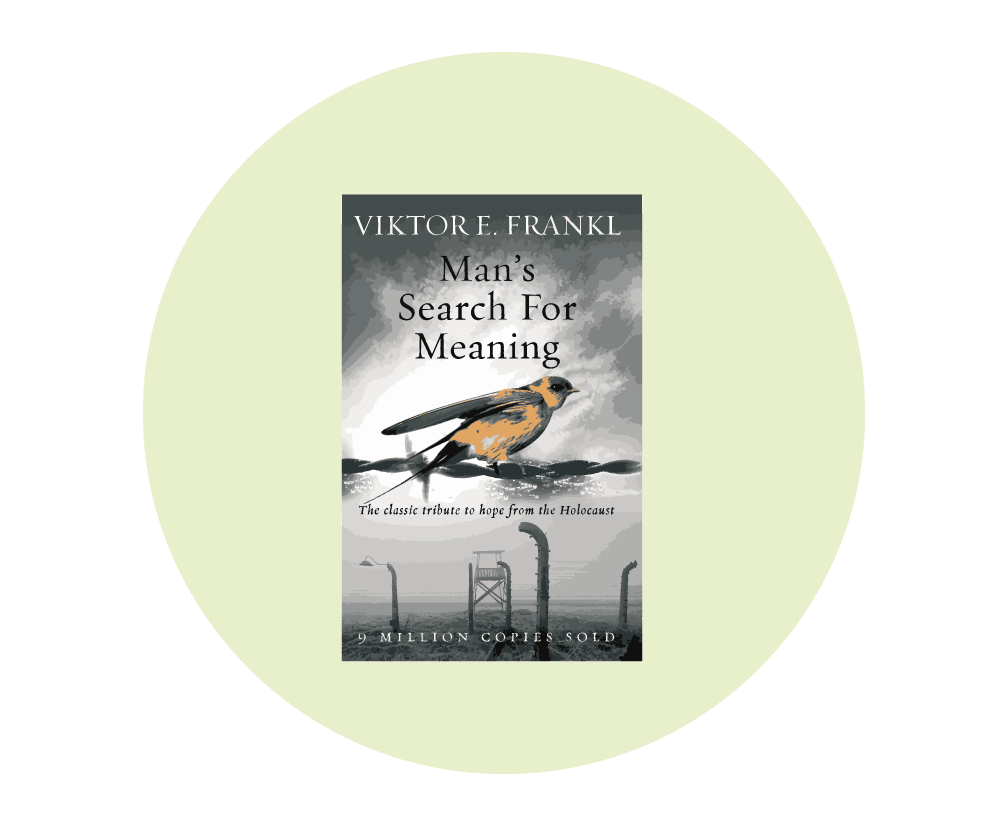
Man’s Search for Meaning by Viktor Frankl
Perhaps you are in a tough spot right now, struggling both inside and outside and everything you do seems to be meaningless. But what if you were transported to the deplorable times in Nazi-occupied Germany and sent to live like animals, six starving people sleeping in one bed and eating stale, rock-hard bread? What would you struggle for?
This moving book by Holocaust survivor Viktor Frankl describes the time of the great struggle, of unbearable time and how a purpose, a belief can give meaning to the suffering and strength to bear it.
We are no longer able to change the situation…We are challenged to change ourselves.
Viktor Frankl
Ease of reading: Very easy to read and understand.
Duration: 7-10 days at a moderate pace, 5-6 days at a high pace. Pages- ~190

Meditations by Marcus Aurelius
Imagine a book written in around AD 170 by the Roman Emperor Marcus Aurelius is still being translated and read today, in such a different world. Why? Because what the book contains is a series of advice and messages for the readers to follow. And man is still the same anxious, overbearing, and worried animal as he was in Aurelius’s time.
“You have power over your mind – not outside events. Realize this, and you will find strength.”
Marcus Aurelius
Learn about the ephemeral nature of life, how time passes by, and how people are forgotten. Aurelius talks about the vain pursuit of vanity, the desire to be loved by everyone, and how foolish it is to live life for someone else when everyone else will die one day. A great read to help you live a calm and peaceful life.
Ease of reading: Moderately difficult because of some translations. Find a book with a great translation.
Duration: 15-25 days at a moderate pace, 10-12 days at a high pace. Pages – ~256

Letters from a Stoic by Seneca
One of the sure-shot ways of making the right decisions and leading ahead is not to have emotions take complete hold of you, but to use it as a guiding force, run by logic and thinking. So how does one master the reckless force of emotions? By practicing Stoicism and Seneca is one of the forerunners of stoicism.
In this epistolary book, Seneca, the chief advisor of Nero, tells the readers why it is important to not give in to the self-indulgences, to complacency, and how to make the best of one’s life. He believes that the power of philosophy is not only to add to the collective knowledge of humanity but to improve the lives of individuals as well.
“Philosophy calls for simple living, not for doing penance, and the simple way of life need not be a crude one.”
Seneca
Ease of reading: fairly easy but some readers can find it a little complicated. Go for the Campbell translation.
Duration: 15-25 days at a moderate pace, 10-12 days at a high pace. pages: ~254

Nicomachean Ethics by Aristotle
Aristotle was the student of Plato and “Nicomachean” comes from the name of his son, Nichomacus. This book is about finding what is good and Aristotle argues that something can only be truly good if it is applicable in our lives. Happiness is also said to be the truest form of goodness because it is the ultimate good, and no one seeks happiness to seek something else.
He also argues what is right about emotions or morals that make it a virtue and how all these can turn into vices. A great book to expand your views and knowledge about your mind and thinking.
“For the things we have to learn before we can do them, we learn by doing them.”
Aristotle
Ease of reading: Moderately difficult
Duration: 25-30 days at moderate pace, 15-20 days at high pace. Pages: ~320

Meditations on First Philosophy by Rene Descartes
How do you know something is true? Is it to be believed because of knowledge, because of common sense or should you scrutinize it with skepticism? These are the concepts discussed in this book, perhaps defining the backbone of philosophy. He says that there are two sources of knowledge; sense and intellect, but which one to consult in a confounding situation? Sense works fine but it can be fooled easily while skeptic works fine until it fails to find the errors.
“It is only prudent never to place complete confidence in that by which we have even once been deceived.”
Rene Descartes
Ease of reading: Can get fairly complicated with difficult ideas.
Duration: 7-8 days at a moderate pace, 4-5 days at a high pace. Pages: ~80.
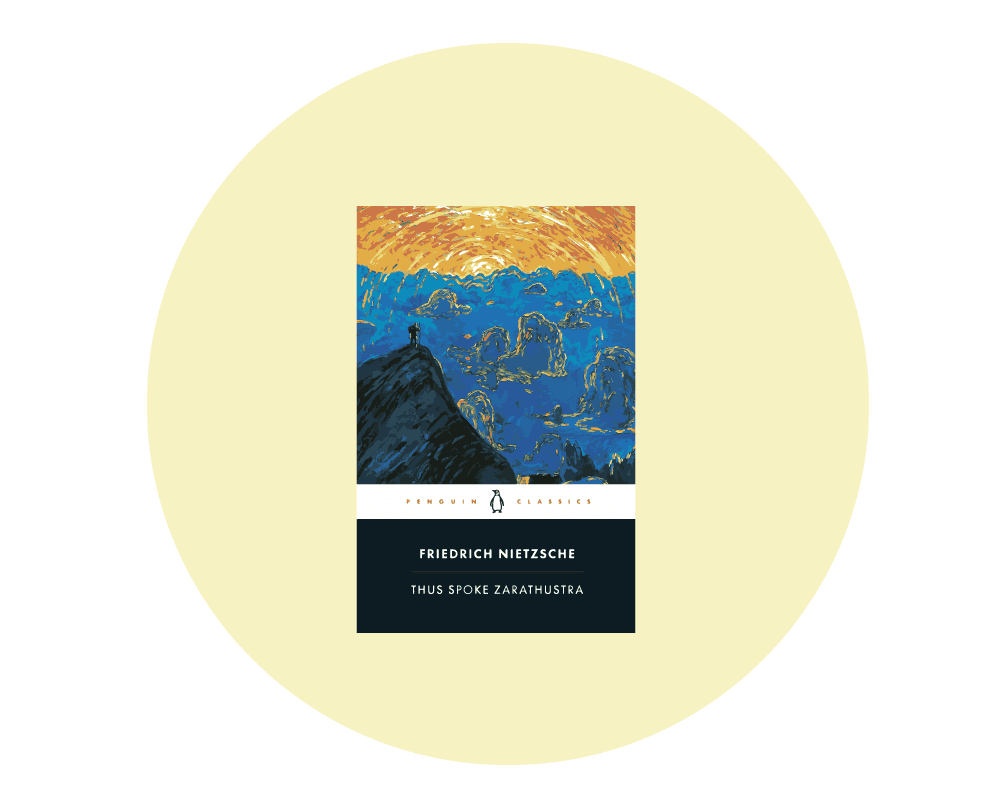
Thus Spoke Zarathustra by Friedrich Nietzsche
Thus Spoke Zarathustra by Friedrich Nietzsche is one of the greatest philosophical works and is certainly one of the most powerful. Prepare to unlearn everything about becoming morally sound and letting things go and enjoying life under the tree among birds and butterflies because this book is the opposite of that.
This book talks about the overman or the man beyond humans. It is about fighting for what one wants, to have a strong heart, and venture forth bravely. No submission to a higher power, to live a life in a rootless existence but to be more than what you are today. A powerful read.
“The higher we soar the smaller we appear to those who cannot fly.”
Friedrich Nietzsche
Ease of reading: Very difficult, not for beginners. Highly complex ideas and translations can also make it tougher to understand the gist of the text.
Duration: 35-45 days at a moderate pace, 25-30 days at a high pace. Pages: ~352

Beyond Good and Evil by Friedrich Nietzsche
Beyond Good and Evil is an expansion of the ideas presented in Thus Spoke Zarathustra. Nietzsche presents the ideas in a much more detailed and cogent way. This book can be viewed as a summary of the philosophical concepts of Nietzsche. However, this does not mean that the book is lacking in any way. It is as dense as his other works.
“The vanity of others runs counter to our taste only when it runs counter to our vanity.”
Friedrich Nietzsche
Ease of reading: Difficult to read and comprehend because it is very dense.
Duration: 30-40 days at a moderate pace, 25-30 days at a high pace. Pages: ~288
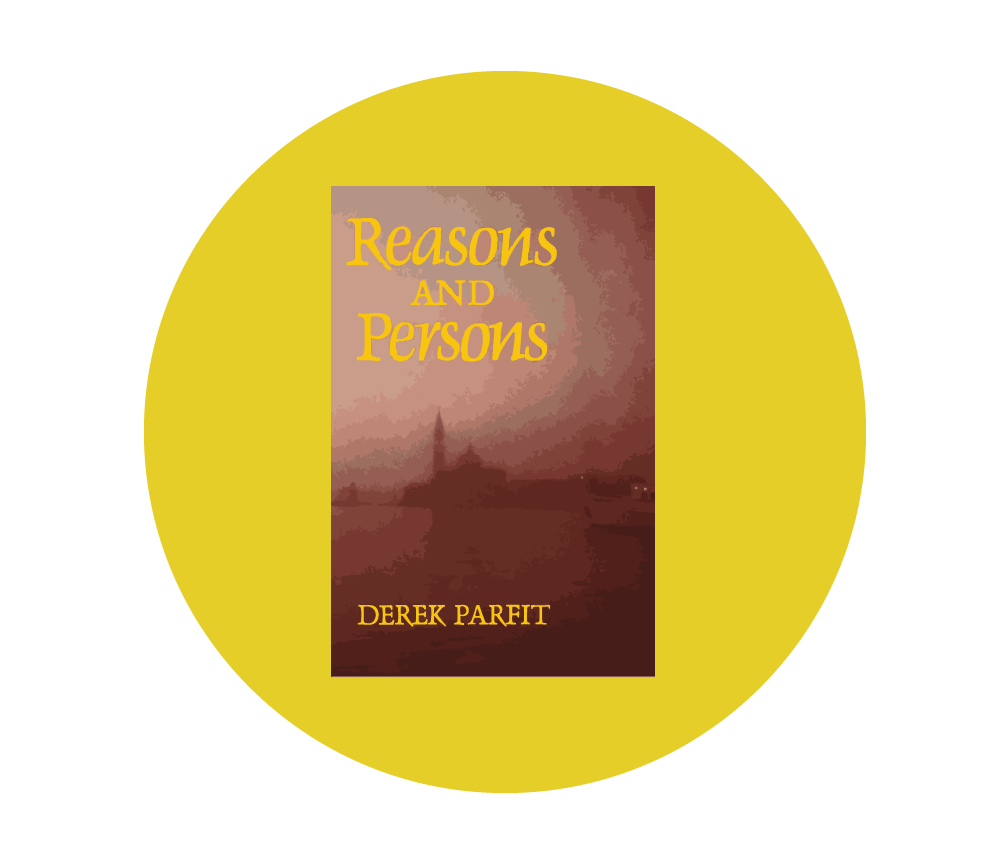
Reasons and Persons by Derek Parfit
What are you? What are you made of? What are your personality and the choices that you make based on your moral choices, are they really good for you? This book by Derek Parfit questions everything about self and our perception of self.
“We ought not to do to our future selves what it would be wrong to do to other people.”
Derek Parfit
Ease of reading: Fairly difficult as the concepts can take some time to settle in your mind.
Duration: 45-55 days at a moderate pace, 40-45 days at a high pace. Pages: ~560
Perceptions about the world
This section is about the perception of everything around you. This is about how the world affects you from the outside.
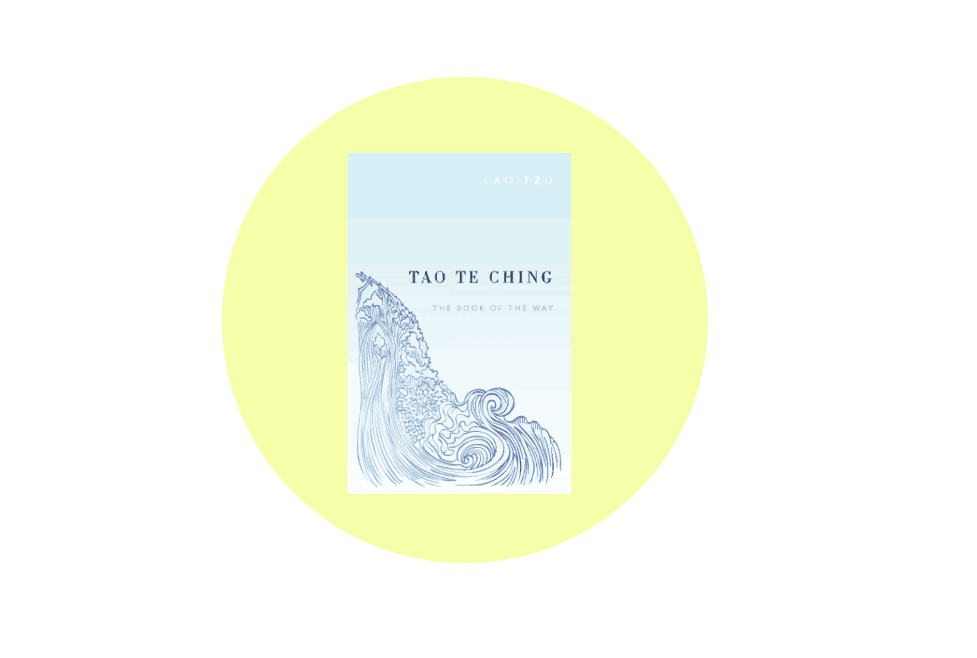
Tao Te Ching and Zhuangzi
Coming to the East for some wisdom about the external world, Tao Te Ching and Zhuangzi are some of the most famous philosophical Chinese works. Tao Te Ching was created by Laozi and Zhuangzi Zhuangzi and it offers some of the best philosophical ideas about the world. Tao Te Ching is about the tenets of Taoism and all the ideas in the structure of this faith.
Zhuangzi is about reality, the perception of the world, and how we affect it. One of the most famous concepts from this book is the question of “Did I dream of being a butterfly in my sleep, or am I dreaming of being a human in a butterfly’s dream?”
“Those who know do not speak. Those who speak do not know.”
Tao Te Ching
“A path is made by walking on it.”
Zhuangzi

Ease of reading: Moderately Difficult. The texts are written way back in time so getting the metaphors can be a bit tricky.
Duration: Tao Te: 15-20 days at a moderate pace and 7-10 days at a high pace. Pages: ~84. Zhuangzi will take 35-45 days at a moderate pace and 25-30 days at a high pace. Pages: ~336

The Myth of Sisyphus by Albert Camus
What makes it worth living and what makes it worth dying? What’s the point of struggling every day if you have to struggle every day? When do we get to live life and is there an idea of a relaxed life without hard work? We work to make the future secure, but when the future comes, we keep working to make the future secure again. And then we die one day. What’s the point of it all? Read this fascinating book about life, the struggles, and the reason for all existence.
“I know simply that the sky will last longer than I.”
Albert Camus
Ease of reading: Moderately difficult.
Duration: 20-25 days at a moderate pace, 15-18 days at a high pace. Pages: ~160
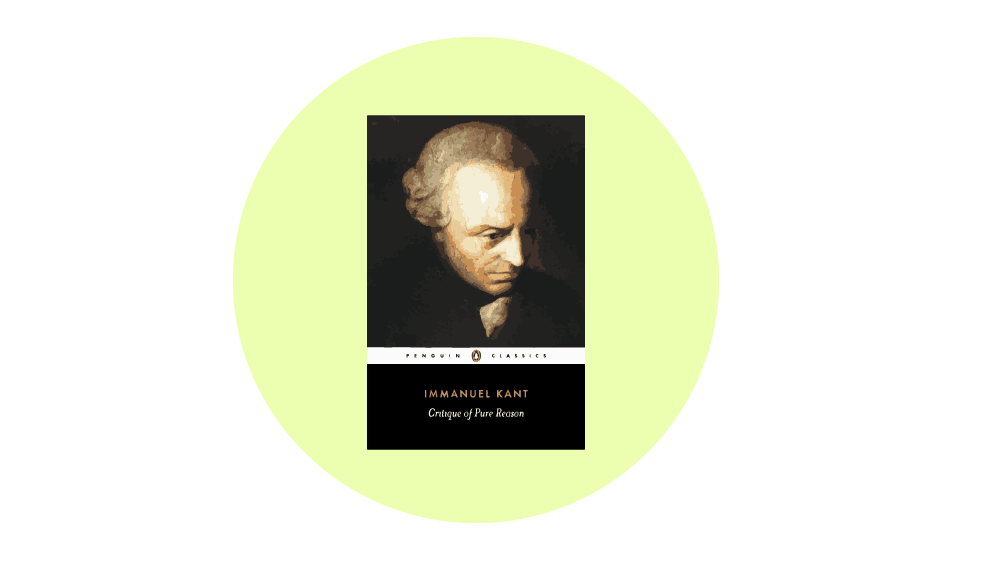
Critique of Pure Reason by Immanuel Kant
Humans think with two routes; via knowledge of things to make rational decisions and the other being experiences that make up our understanding of the world. Kant merges the two and creates this beautiful structure of reason to find what is true and what is an illusion.
“Man must be disciplined, for he is by nature raw and wild..”
Immanuel Kant
Ease of reading: Quite difficult.
Duration: 50-60 days at a moderate pace, 40-45 days at a high pace. Pages: ~784
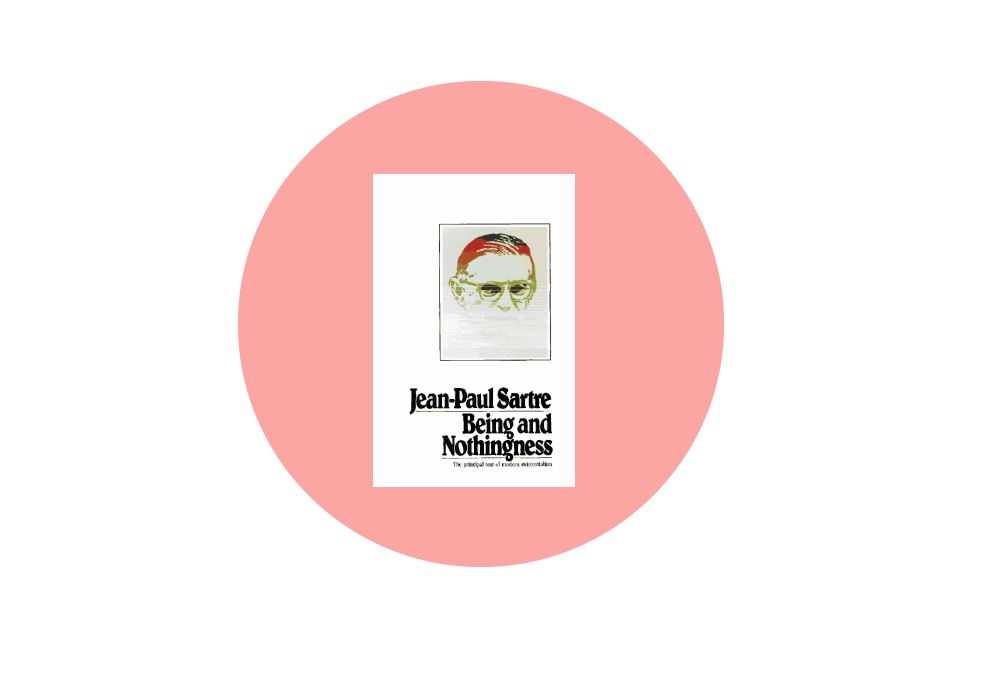
Being and Nothingness by Jean-Paul Sartre
This book by Jean-Paul Sartre explores the concepts of free will, consciousness, and existentialism, drawing the line between conscious and unconscious actions. What is the right way of living? It is to live for the self in the most authentic way possible. There are many complex and profound ideas presented by Sartre that will intrigue your mind.
“It is therefore senseless to think of complaining since nothing foreign has decided what we feel, what we live, or what we are.”
Jean-Paul Sartre
Ease of reading: Very difficult.
Duration: 55-65 days at a moderate pace, 45-55 days at a high pace. Pages: ~864

Treatise on Human Nature by David Hume
What is the human soul and how is it separated from the human body? What is the source of human intellect and what makes humans different from other animals? This book offers a very interesting read about the origin of all these baffling questions and why humans are the way they are.
“It is only from the selfishness and confined generosity of men, along with the scanty provision nature has made for his wants, that justice derives its origin.”
David Humes
Ease of reading: Difficult
Duration: 30-40 days at a moderate pace, 20-25 days at a high pace. Pages: ~368
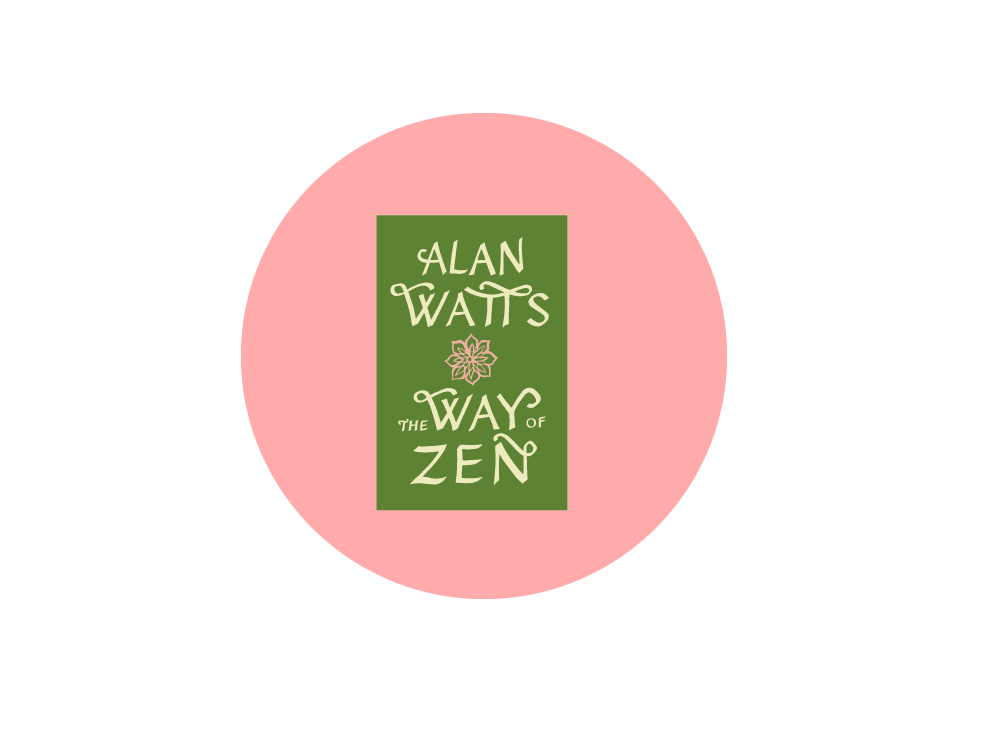
The Way of Zen by Alan Watts
Alan Watts was the man who introduced and popularized Eastern philosophy in the West. In this book, Watts describes the tenets of Zen, discoursing about the ideas and concepts of Hinduism, Buddhism, Taoism, etc. If you are looking to understand the principles of Eastern philosophy, Alan Watts is the best option.
“For there is never anything but the present, and if one cannot live there, one cannot live anywhere.”
Alan Watts
Ease of reading: Fairly easy.
Duration: 20-25 days at moderate pace, 15-20 days at high pace. Pages: ~255
Scientific
Science is one side of philosophy. There is no philosophy if the scientific aspect is absent and vice-versa. Here are some science books that not only enlighten the topic they are written on but also contribute to the way you observe things, revealing the interesting intricacies of the world around us.
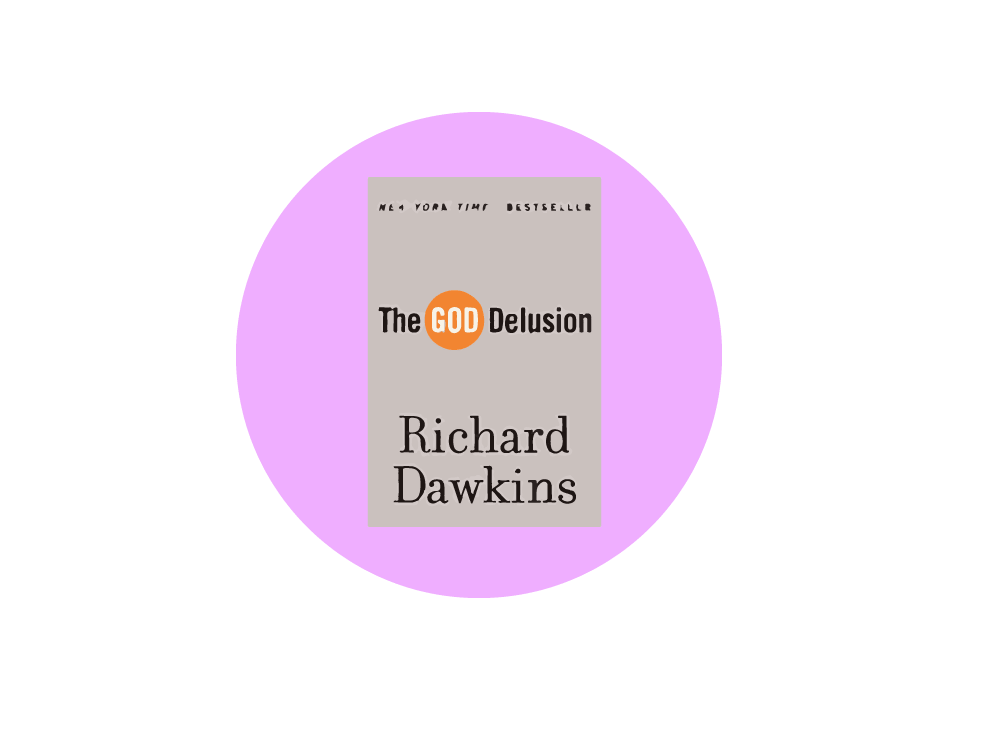
The God Delusion by Richard Dawkins
The God Delusion is about all the superstitions we believe in, without thinking about things critically and logically. What makes this book so interesting to read is Dawkins’ skill in connecting with the readers. There are so many things that changed in me after reading this book, especially the way I thought about things.
“We are all atheists about most of the gods that humanity has ever believed in. Some of us just go one god further.”
Richard Dawkins
Ease of reading: Easy.
Duration: 30-40 days at a moderate pace, 20-25 days at a high pace. Pages: ~464 pages.
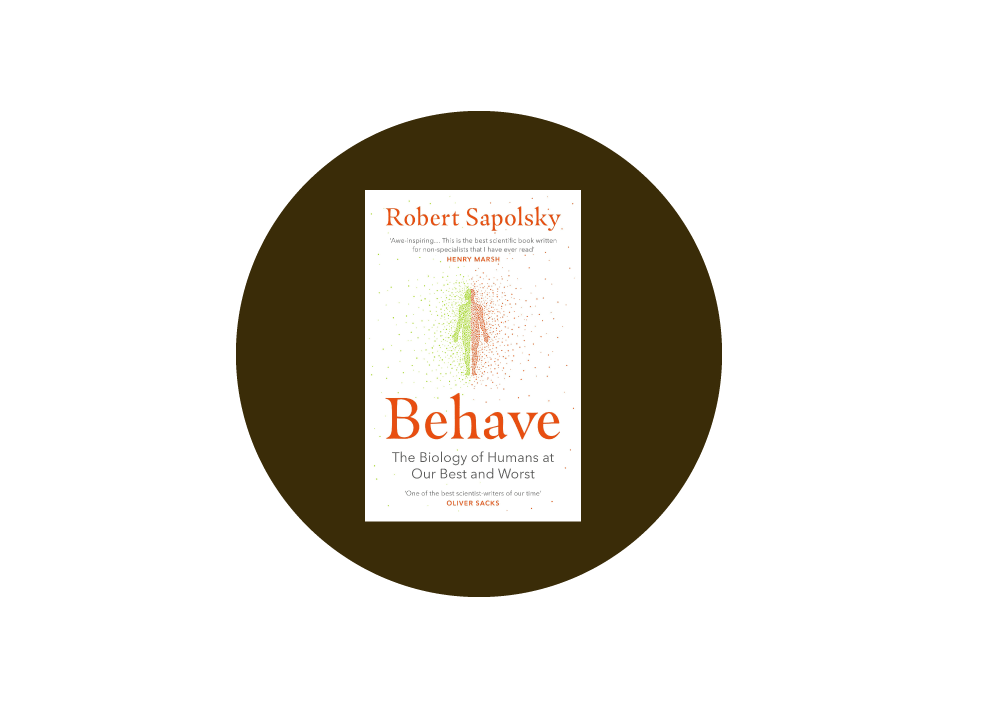
Behave by Robert Sapolsky
Behave is a book about human behavior and why do we behave the way we do? Not just that but it also looks at the reasons why such behavior occurs, from prenatal development to teenage years to adulthood. A very interesting read about human nature and the things that mold it.
“You don’t have to choose between being scientific and being compassionate.”
Robert Sapolsky
Ease of reading: Difficult.
Duration: 45-55 days at a moderate pace, 35-40 days at a high pace. Pages: ~800 pages.

Cosmos by Carl Sagan
Cosmos is a book regarded as the frontrunner in the field of pop science. Carl Sagan and his eloquent writing introduce us to new worlds while revealing new things about our world. The historical misconceptions we had, how we overcame the illusions and come to the present day. A beautiful read about humanity’s journey on this planet
“Every one of us is, in the cosmic perspective, precious. If a human disagrees with you, let him live. In a hundred billion galaxies, you will not find another.”
Carl Sagan
Ease of reading: Easy
Duration: 30-35 days at a moderate pace, 20-25 days at a high pace. Pages: ~416

Paradoxes by RM Sainsbury
Paradoxes is a book about moral, scientific, and logical impossibilities. Sainsbury discusses some of the most popular paradoxes such as Zeno’s paradox, etc and he provides logical arguments in support of his writings. An interesting read for sure.
Ease of reading: Moderately difficult
Duration: 20-25 days at a moderate pace, 10-15 days at a high pace. Pages: ~192

Critical Thinking by Tom Chatfield
Philosophy is not just about thinking but using it in real life. Critical Thinking is about arguing effectively, understanding the underlying biases, and developing a clear and concise way of expressing yourself.
Ease of reading: Easy
Duration: 30-35 days at a moderate pace, 20-25 days at a high pace. Pages: ~328

The Origins of Consciousness in the Breakdown of Bicameral Mind by Julian Jaynes
What is consciousness and when did it come to human minds? Was it a part of evolution or is it something new, something that we have learned? And how does the discovery of the origin of consciousness could change the way we look at our history, our society, and our future?
“Thinking, then, is not conscious. Rather, it is an automatic process following a struction and the materials on which the struction is to operate.”
Julian Jaynes
Ease of reading: Moderately easy, could get a little convoluted.
Duration: 40-50 days at a moderate pace, 30-35 days at a high pace. Pages: ~512



